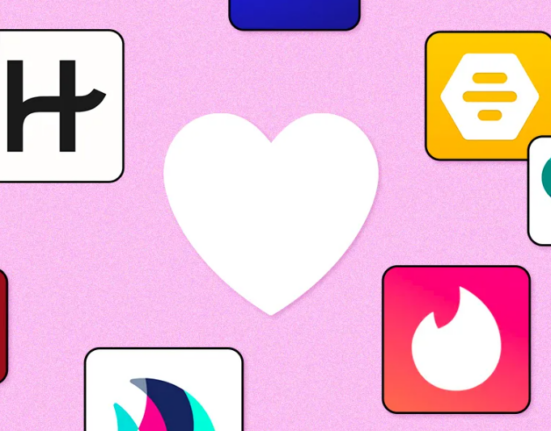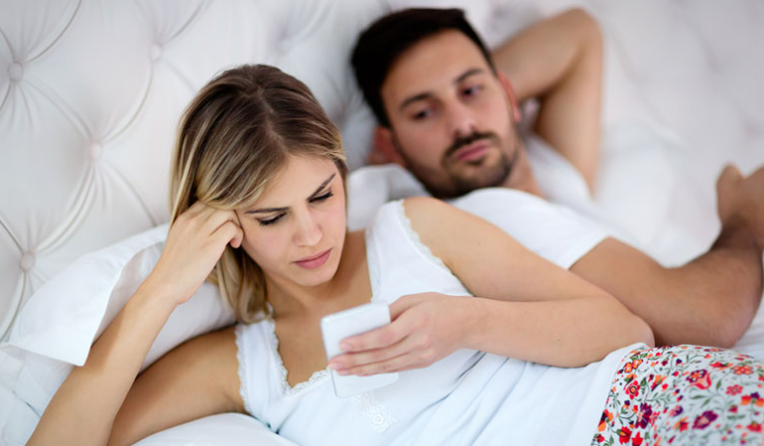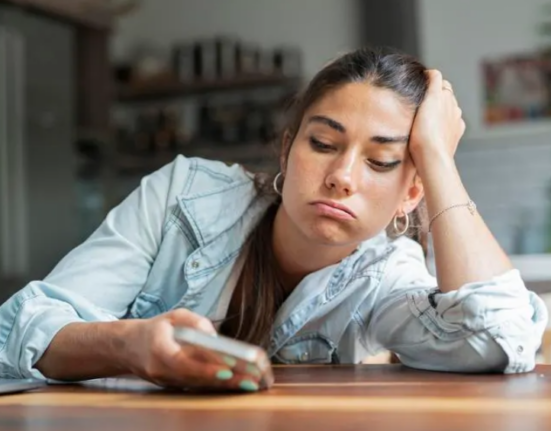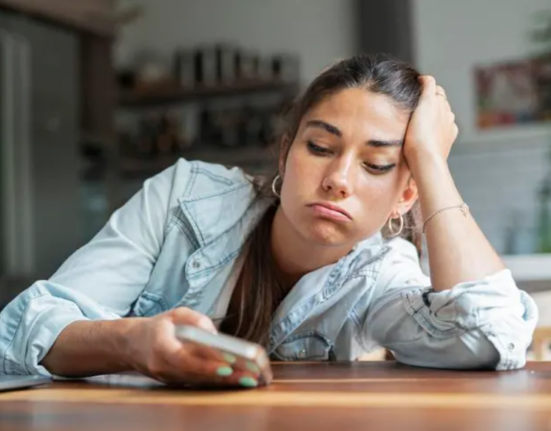In September, The Atlantic published an article called “Technology Can Make Your Relationships Shallower”, written by a man called Arthur C Brooks. I think I speak for all of us when I say Okay, Boomer. Brooks starts by citing a study done in 1998 about internet usage in communal living spaces. As someone born in the 90s, I can say that it was not unheard of for people to have a “family computer” which could be used, one at a time, for about half an hour a day.
It took the computer 10 minutes to connect to the internet and I can still sing the dial-up noise from memory. What relevance does this have to the modern use of digital tools? None. The 1998 study might have found some concerning links with lack of love, depression, and problems involving human connection, but our use of and access to technology has changed so much in the intervening 24 years that there’s simply no way the study’s findings are applicable to modern life.
People Were Unhappy During The Pandemic
So Brooks decided to do a new study. Apparently, during the Covid pandemic, people often felt scared, depressed, and isolated and the technology that stepped in wasn’t adequate to replace what had been lost. No shit! We were all terrified for ourselves, our loved ones, and society at large. Seeing your boss’s face pop up on Zoom is no substitute for hugging your mother or stumbling back from the pub with your friends, arm in arm, or even going on a bad date and smelling the garlic on their breath. The problem wasn’t technology; the problem was we thought everyone might die. Of course, our mental health got worse, and of course, we began to feel alone and afraid.
Relationships Get Worse When You Ignore Your Partner
That isn’t to say that technology can’t harm our relationships. Imagine getting back from work to find your partner playing video games. Instead of turning the PlayStation off, they grunt at you and continue to, I don’t know, explore Skyrim. That’s not going to create a healthy dynamic. If you want a toxic power move, check your phone and open up some social media app immediately after bad sex.
This definitely won’t make you a good partner, won’t make your significant other happy, and will harm your interactions and relationships. However, I would argue that the problem lies with people’s inability to disconnect from technology, rather than the technology itself. Take our earlier situation of refusing to turn off a PlayStation and replace it with a newspaper, book, or radio… that’s the cliche from the 1950s with emotionally absent fathers! Technology provides an excuse for us to avoid talking to one another, but it doesn’t cause the issue.
Face-To-Face Is Best, And Texting Is Better Than Being Alone
One of the many things that have changed since the 1950s is the number of people we communicate with. I won’t deny that in my normal, day-to-day life I can speak to, perhaps, 20 people a day. Friends, colleagues, a partner, roommates, family, shop assistant, waiter, whatever. That’s probably about the same as an unmarried working woman from the 1950s. But when I pick up my phone I can communicate with pretty much anyone. The random woman I went to school with? DMed. An ex? Drunk called.
My granny? Texted. The friend I made in the pub toilet when I went back to my hometown 18 months ago? Commented on her Insta. Now, Brooks argued that these aren’t deep interactions, and deep interactions are what make people happy. I don’t actually disagree with this. What I would add, however, is that getting in touch with an old friend through an app is a good way to restart a relationship, meet that person face to face and build an enriching connection with deeper conversations.
Brooks claims this increases teen anxiety, and loneliness and gives them daddy issues. I think there are lots more concerning things at play with all of those subjects to blame entirely on virtual communications. Incidentally, Brooks claims to FaceTime his grown-up offspring every day and knows this annoys them. I wonder why.
Conclusion
The concept of being addicted to your phone is an interesting one. But much like additions to alcohol or drugs, we should examine the cause as well as the effect. Getting an alcoholic to put down the bottle is crucial (and I know I’m simplifying) but we should also examine what made them pick it up in the first place. If you spend too much time on your phone, maybe you should look at why that is. It can affect your relationships and doom-scrolling isn’t going to help your emotional health. But I’m still a little wide-eyed at technology.
My phone is sitting benignly beside me. I could speak to friends and relatives all over the world with incredible ease. I can make new acquaintances, find people who share my interests or see someone doing something amazing, and that’s all at my fingertips. And then I can talk to those people about whatever I want. Then I put the phone down, lean over and have a face-to-face chat with my friend about whatever I found. For me, that’s enhancing relationships and improving my happiness, not destroying it.

Rachel Hall, M.A., completed her education in English at the University of Pennsylvania and received her master’s degree in family therapy from Northern Washington University. She has been actively involved in the treatment of anxiety disorders, depression, OCD, and coping with life changes and traumatic events for both families and individual clients for over a decade. Her areas of expertise include narrative therapy, cognitive behavioral therapy, and therapy for traumatic cases. In addition, Rachel conducts workshops focusing on the psychology of positive thinking and coping skills for both parents and teens. She has also authored numerous articles on the topics of mental health, stress, family dynamics and parenting.














Leave feedback about this